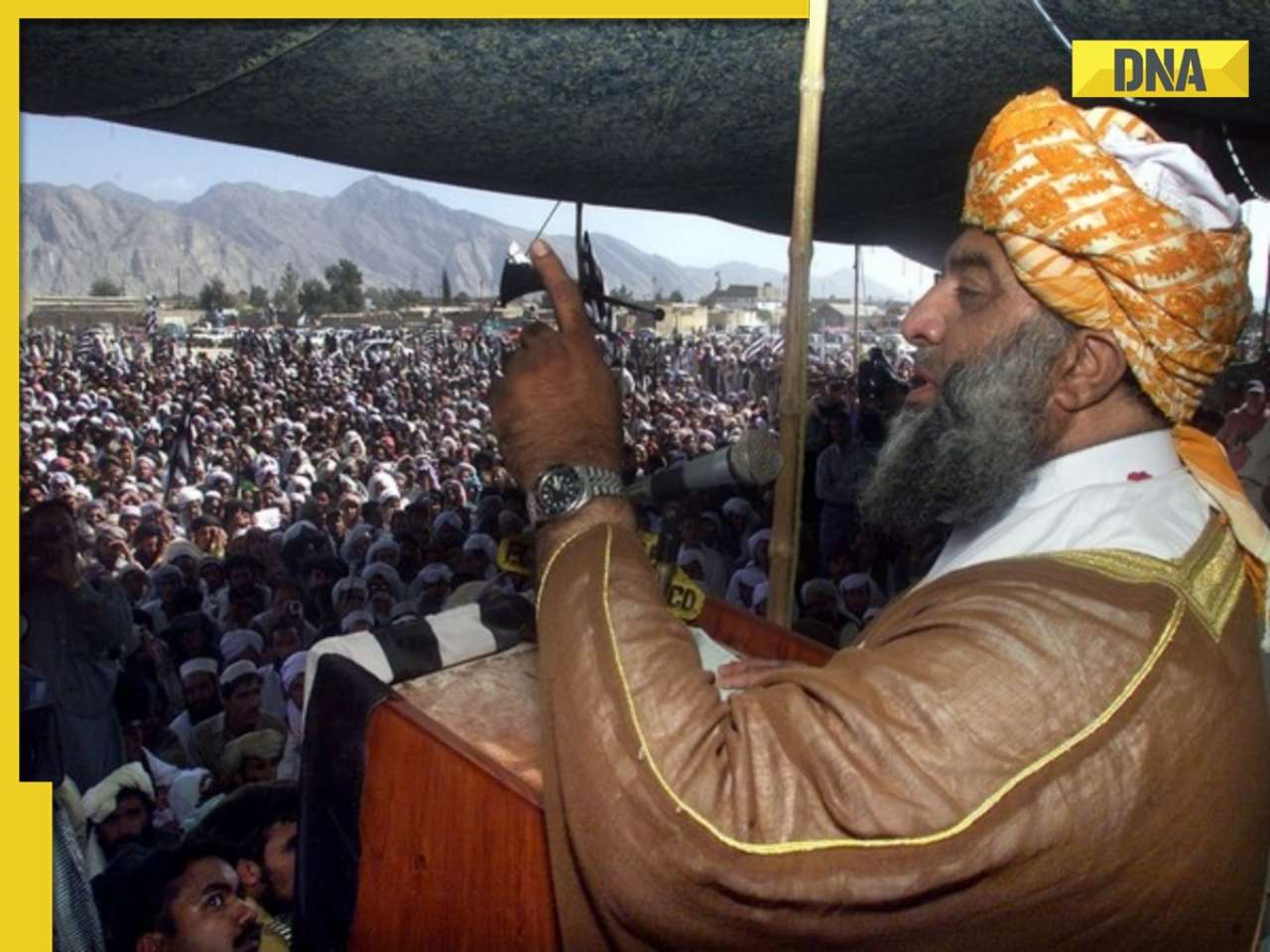Pakistan’s Maulana Fazlur Rehman plans a visit to India with a “message of peace,” sparking speculation of renewed India–Pakistan dialogue.
Maulana Fazlur Rehman, chief, Jamiat Ulema-e-Pakistan. (File Image)
Is there a thaw in India-Pakistan relations? Are the two countries opening the track-two diplomacy weeks after the military skirmishes taking place in May? Are the two sides once again trying to bring the ties to normalcy after the devastating Cricket Asia Cup, when tension escalated to a new height? These questions have surfaced after Jamiat Ulema-e-Islam (F) chief Maulana Fazlur Rehman of Pakistan expressed his desire to visit India with what he calls a “message of peace”. Maulana’s close aide, Senator Kamran Murtaza, set the ball rolling recently by announcing that he had conveyed Maulana’s message of peace to an Indian diplomat.
Will it be Maulana Fazlur Rehman’s personal visit?
Analysts believe the Jamiat Ulema-e-Islam (F) chief wants to project himself as a regional peacemaker at a time when India and Pakistan have attacked each other and both claim to have downed the fighter jets of the other. Maulana Fazlur Rehman has recently slammed the Shehbaz Sharif-led Pakistan government and wants to establish himself as an indomitable leader of Pashtuns.
Is Pakistan government behind visit?
As he is not a part of the government or the ruling alliance, the maulana’s visit to India may be treated as an independent endeavor. The Pakistan establishment wants to send him to gauge India’s mood and its diplomatic response. If his mission fails to get any positive response from New Delhi, it may be rejected as his personal idea with no role of the government. If something positive comes out, Islamabad may build its further plan on it.
It will not be the first India visit of Maulana Fazlur Rehman. Earlier in 2002 and 2003, he visited the country when bilateral relations were equally strained. This was also the time when tension had escalated over the Babri Mosque-Ram Janmabhoomi controversy. He met senior political leaders, including Bal Thackeray and members of the NDA government.
